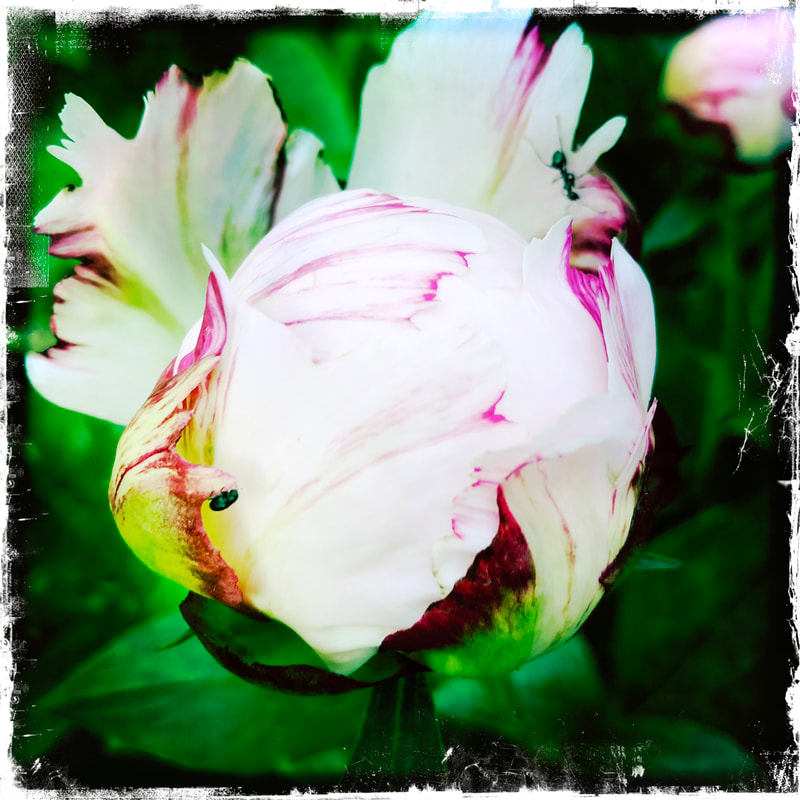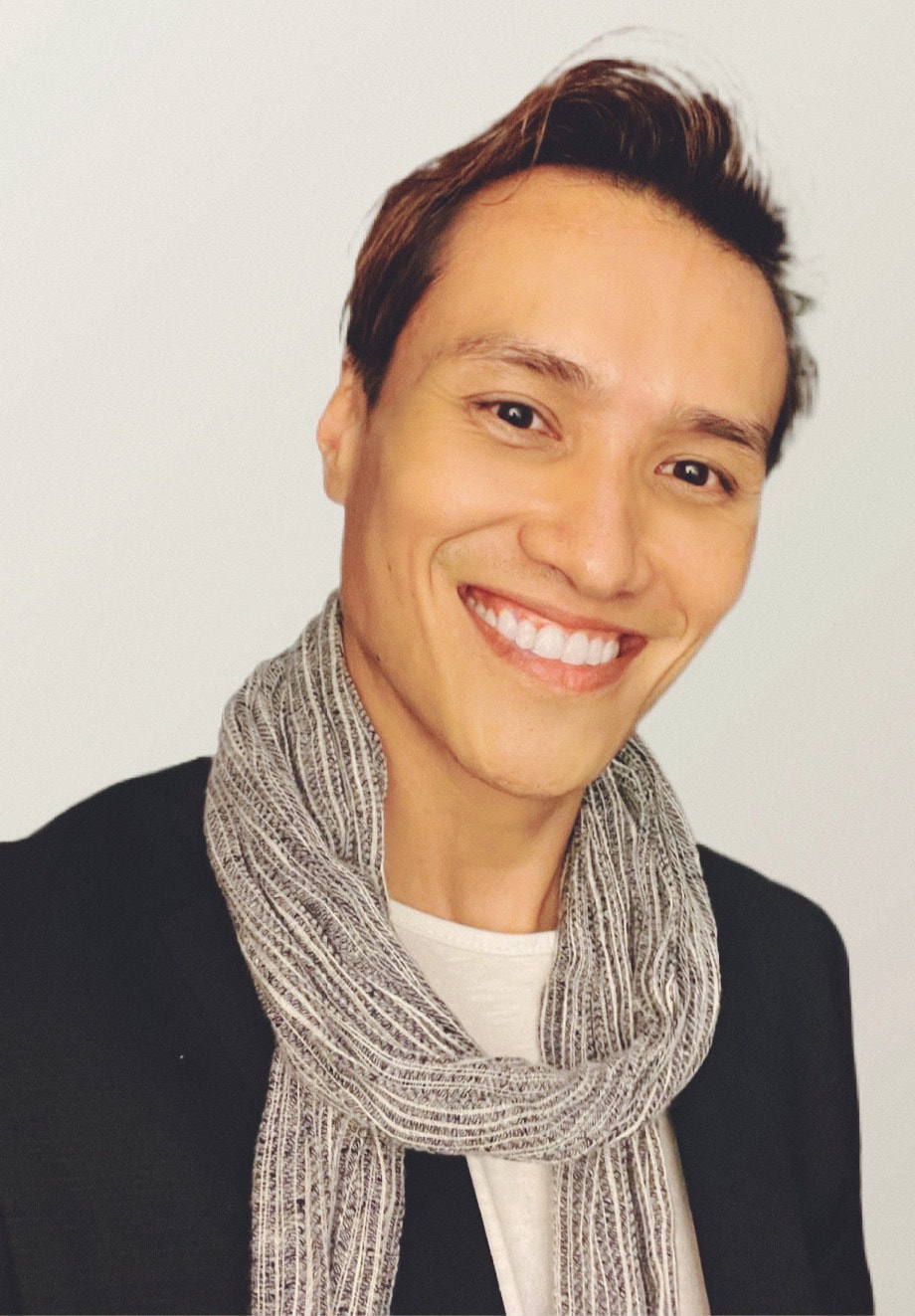ASSAY: A JOURNAL OF NONFICTION STUDIES
9.1
9.1
|
Creative nonfiction often wrestles with the polemic. As writers, readers, and teachers of nonfiction, we seek in a work the deeper subject behind the apparent subject, to connect personal narratives to grander socio-political issues and ultimately, to the universal. Yet, in creative nonfiction workshops, discussions of the polemic—that is, the socio-political controversies and debates implicating social justice, equality, and identity (as will be defined in greater detail below)—are frequently ignored or sidestepped. Instead of addressing the author’s project, workshop feedback commonly centers around the amorphous notion of the craft—the how of the piece, rather than critically engaging with the socio-political issues and themes the writer is expressing through their work. In the current political climate, how do we as nonfiction writing instructors teach and engage with the polemic within a student’s work? Should we at all?
In her book Radical Writing Center Praxis, Laura Greenfield makes the case for a fundamental paradigm shift in writing pedagogy within classrooms and writing centers to advance and re-center equality and justice, two ideals which she views as worthwhile to pursue. Greenfield positions her shift in direct response to two popular pedagogical approaches on opposite ends of the spectrum: conservative and liberal. Despite the obvious nomenclature associations, Greenfield frames these approaches not in relation to any political parties, but rather to their respective rules of engagement in polemic discourse. A classroom operating within a conservative paradigm is defined by strict adherence to rules and standards imposed by the predominant culture, while one operating within a liberal paradigm is marked by an uncompromising respect for all viewpoints. Greenfield posits that while a liberal ideology is generally preferable to its conservative counterpart, both paradigms are inherently flawed: the conservative paradigm is under-inclusive as it rejects any dissenting stances, whereas the liberal paradigm is over-inclusive in that it is content neutral and permissive of potentially oppressive and offensive opinions. While Greenfield’s book centers on the writing center, and how the writing center can serve as a place to enable polemic discussions, I posit that Greenfield’s praxis is also well-suited to the creative nonfiction workshop context. Whether in the form of memoirs, personal essays, profiles, op-eds, literary criticism, or socio-cultural commentary, the workshop submissions I’ve seen as both a workshop instructor and a student-writer participant often encompass a heavy polemic element, not uncommonly relating to the author’s identity, lived experiences, and affiliated communities. At the same time, some workshop participants demonstrate difficulty navigating these topics in feedback and discussion. As a result, the piece’s polemic insights may be underdiscussed or ignored altogether, or worse yet, critiqued in an offensive manner. If we want to honor the writer’s intentions and if those intentions implicate socio-political issues, then it seems to me appropriate that we as writing teachers make space for polemic discourse in writing pedagogy. This article argues that a meaningful way to do so is through thoughtfully applying Greenfield’s praxis to the context of the creative nonwriting workshop, to activate such conversations and explore the interplay between craft and the polemic. At the core of Greenfield’s proposal is the conviction that we as teachers must not shy away from discussing and opining on the polemic aspects within our students’ works, especially when it is explicit and intentional, that it does a disservice to not only the student-writer but also to our communities at large and to the ideals of justice and equality. Paradoxically, what makes Greenfield’s proposed praxis particularly radical is that it represents a moderated position: a middle ground between two currently well-trodden models whereby polemic discourse centering on the principles of inclusivity, equality, and social justice is afforded space. In Thirteen Ways of Looking at the Novel, Jane Smiley defines the polemic as writing that presents an emotional argument, “marshaling events, characters, and insights in service to a rhetorical point” (181). According to Smiley, the key element of the polemic is “eloquence intensified by feeling and the sense that the writer is pushing the bounds of propriety” (181). As such, the polemic can be defined as writing that uses a combination of logic, rhetoric, narrative, and emotion to make a boundary-pushing argument. Smiley makes a distinction between a polemic story versus a polemic effect. In the former, the writer offers a perspective on current socio-political issues through their choice of characters, settings, narratives, etc., but does not necessarily exact an agenda. The writer here is a critical observer. As an example, Smiley offers Ivan Turgenev’s Fathers and Sons (1862), noting how the fathers and the children in the novel represent two worldviews and the growing cultural divide between the two generations in nineteenth-century Russia. But Smiley explains how Turgenev does not press an agenda, but rather “weigh[s] the advantages and disadvantages of several agendas and then leave[s] the question open” (191). In contrast, works with a polemic effect stake out a position. This does not mean the works need to present any truths per se, but simply that they interrogate the status quo, its beliefs and institutions, and challenge the prevailing worldview. Here, Smiley cites Charles Dickens’ A Tale of Two Cities (1859) as an example, given its political and ethical commentary on class conflict and mass movement (189-91). Smiley notes the role of emotional appeal as a literary tool: “The requirements of the polemic demand emotional intensity, and emotional intensity can be achieved with highly figurative language” (190). Tone and voice play a large role here. Smiley observes that although both Turgenev and Dickens were writing polemics, Turgenev was an author with a “nonpolemical temperament,” while Dickens often wrote with great emotional intensity. In a nonfiction context, an interesting case study is Carmen Maria Machado’s In the Dream House. Published in 2019, Machado’s book about her encounters with domestic abuse in a same-sex relationship has been described as “memoir-cum-criticism” (Waldman). As Katy Waldman notes in her review in The New Yorker, the book offers both a polemic story (the narrator’s toxic and abusive relationship with her former partner) and a polemic effect (the writer’s agenda of unmuting what she refers to as the “archival silence” on queer domestic abuse). Yet, we can imagine a mode of discussion within a workshop seminar that tiptoes around the polemic and instead focuses on craft sine politics: examining, for example, the innovative ways Machado employs hybridity in modes and styles; how chapter by chapter she subverts established tropes, forms, and genres; how the narrator’s point of view dramatically shifts between “I” and “you.” Missing from this permutation of craft discussion are the why’s of the matter: Why is Machado experimenting with tone, voice, point of view, etc.? Why does she choose hybrid forms? Why does she shift POV? These questions prompt a larger dialogue about the memoir’s core political project: to counteract the historical neglect of queer domestic abuse narratives and to create new language and forms to shine light on a taboo subject largely neglected in literature and history. A workshop discussion that embraces the polemic elements would foreground these issues and the writer’s intentions, as opposed to solely engaging with sheer craft talk.
|
|
Wally Suphap [he|him|his] is a queer Thai-American writer, lawyer, teacher, and social justice advocate based in New York City. His memoir, Thirteen Ways of Interrogating an Incident, won the 2022 Fish Short Memoir Prize, and his nonfiction works have been featured in the Columbia Journal, CRAFT Literary, HASH Literary, New Writing, and elsewhere. He is the recipient of a 2022 Anaphora Arts Fellowship honoring writer-artists of color. Born in Bangkok, Thailand and raised in the San Fernando Valley, Los Angeles, Wally holds a B.A. from Columbia College and a J.D. from Columbia Law School and is dual admitted as a New York and Hong Kong qualified lawyer. He is the founding editor of Workshopping the Workshop, an online forum dedicated to workshop pedagogy, and the editor-in-chief of The Plentitudes, an international literary journal amplifying diverse voices. Wally is currently an MFA Nonfiction Writing Candidate and a Teaching Fellow at Columbia University, where he teaches undergraduate writing, creative nonfiction, and journalism.
|

